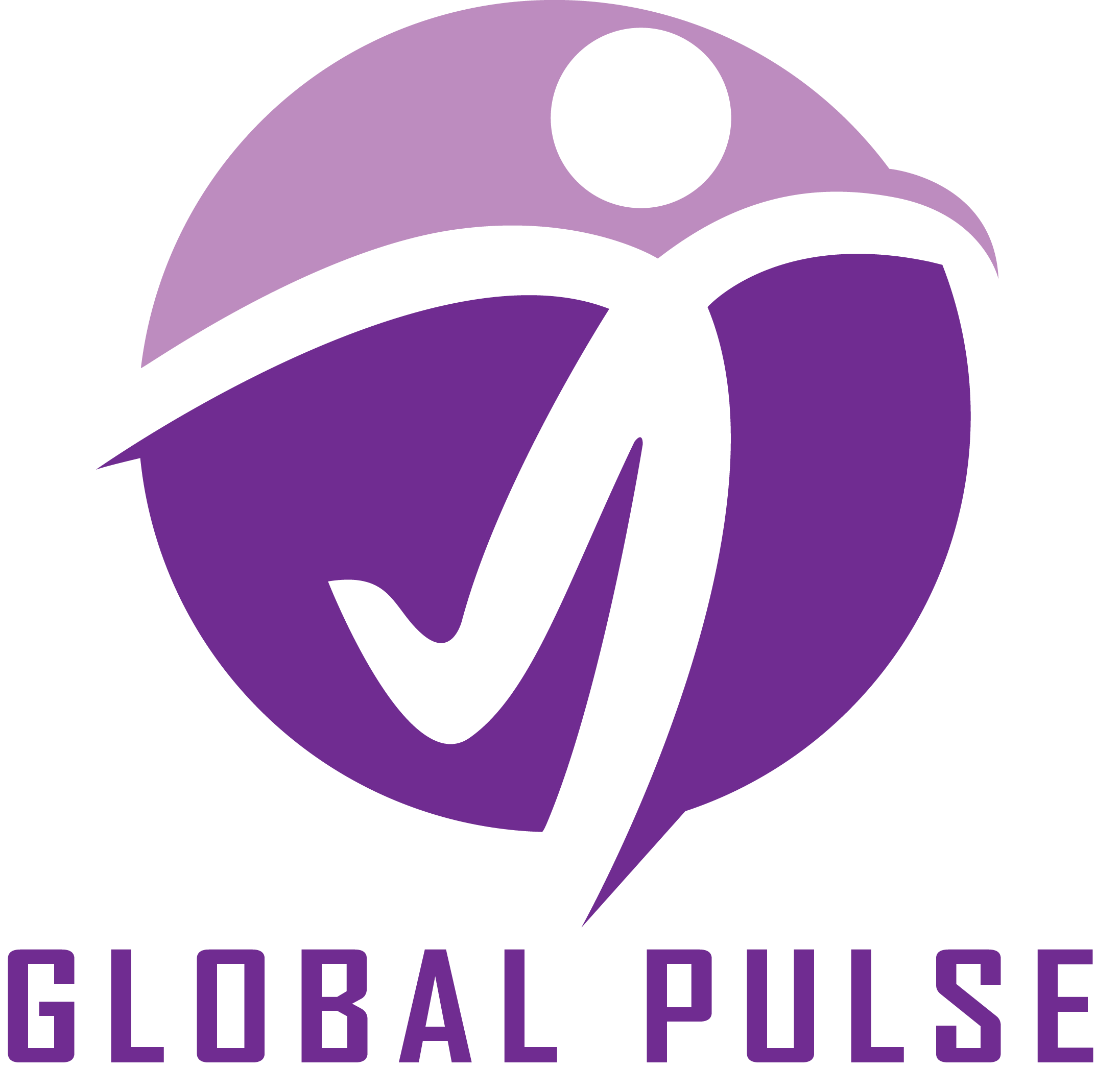Recent studies suggest that the compound may enhance cognitive performance and alleviate anxiety. However, the question remains: are individuals consuming sufficient amounts of it?
Choline, a nutrient that may not be widely recognized, has been identified in studies as essential for health across different life stages.
Choline, an organic compound, plays a crucial role in adequately functioning the human nervous system, distinguishing itself from traditional vitamins and minerals. Recent studies suggest that increasing choline intake may yield significant benefits, enhancing cognitive performance and offering protection against neurodevelopmental disorders such as attention-deficit/hyperactivity disorder (ADHD) and dyslexia.
Research indicates that the nutrient plays a crucial role in human neurodevelopment. A recent study revealed that infants born to mothers who consumed choline supplements during pregnancy exhibited enhanced information processing speeds, indicating a positive impact on cognitive functioning.
Experts assert that Choline is a remarkable nutrient, yet it has received significant neglect in public awareness. Choline is an essential nutrient, but where does it originate, and are individuals meeting their daily requirements?
A vital nutrient
Xinyi Jiang, a professor of health and nutrition sciences at Brooklyn College in New York, emphasizes that Choline is present in every cell of the human body.
Choline is classified as an essential nutrient, indicating its necessity for health, yet the body does not generate sufficient amounts independently. Instead, obtaining a portion of it through our dietary choices is essential. Emma Derbyshire, a science writer and the founder and CEO of the consultancy Nutritional Insight notes that in this regard, it bears a resemblance to omega-3 fatty acids. However, it is more closely linked to B vitamins.
Choline is predominantly present in animal-based foods such as beef, eggs, fish, chicken, and milk. However, it can also be found in plant sources like peanuts, kidney beans, mushrooms, and cruciferous vegetables, including broccoli. Notably, animal foods generally offer higher choline levels than their plant-based counterparts.
Choline is crucial in various bodily functions, particularly in supporting liver health. A lack of sufficient resources can lead to multiple issues.
According to Jiang, Choline plays a crucial role in facilitating the transport of fat from the liver, and a deficiency in this nutrient can lead to fatty liver disease.
Choline plays a crucial role in synthesizing phospholipids, the primary constituents of cell membranes within the human body. A deficiency in this nutrient may influence the expression of genes that play a crucial role in cellular multiplication. Choline deficiency during fetal development poses significant risks, as it hampers cell proliferation in the brain.
According to Derbyshire, Choline plays a vital role in the brain, serving primarily as a “brain nutrient.” The production of the neurotransmitter acetylcholine is essential for our bodies, as it facilitates the transmission of messages from the brain to the body via nerve cells. Acetylcholine is a crucial neurotransmitter in brain nerve cells, essential for memory, cognition, and learning functions.
A recent study examining nearly 1,400 individuals aged between 36 and 83 revealed a notable correlation between higher choline intake and improved memory performance. Consuming Choline during midlife could play a protective role in brain health. Choline frequently appears as an ingredient in supplements marketed as nootropics—a varied collection of substances that many individuals believe may improve learning and memory capabilities.
Conversely, choline deficiency has been linked to neurodegenerative disorders, including Alzheimer’s and Parkinson’s disease.
Choline may also significantly influence mental health and overall brain function. A recent study revealed a correlation between increased choline consumption and reduced anxiety levels. A recent study established a connection between increased dietary choline intake and a reduced risk of depression.
An adequate choline intake is associated with additional benefits, such as increased nutrient consumption.
In a separate study involving mice, researchers discovered that Choline may reduce levels of homocysteine, an amino acid associated with an elevated risk of heart disease. Research indicates a connection between elevated homocysteine levels and osteoporosis. Furthermore, studies have shown that individuals who consume higher amounts of Choline in their diets often exhibit greater bone density, a key marker of robust and healthy bones that are less susceptible to fractures.
“Choline may play a role in combating bone loss,” states Øyen Jannike, a researcher at the Institute of Marine Research in Norway, who has investigated the relationship between Choline and bone health.
According to her, this phenomenon may be partly attributed to homocysteine, but it is also linked to the fact that Choline plays a crucial role in the structure of our cell membranes.
The initial 1000 days
Research indicates that the first two years of a child’s life are pivotal for development, with evidence suggesting that a mother’s nutritional choices during pregnancy and breastfeeding play a crucial role in this process.
Research indicates that Choline plays a crucial role in the development of a fetus during pregnancy. According to Derbyshire, infants are born with levels of Choline three times higher than those found in their mothers, highlighting the nutrient’s critical importance during this early stage of development.
Research indicates a significant relationship between choline availability in the womb and infant cognitive development, with potential long-lasting benefits as the child grows. A recent study reveals that pregnant women who consumed the highest levels of dietary Choline during their second trimester, specifically from week 13 to week 28, had children who achieved better scores on assessments of short—and long-term memory by age seven.
Recent studies indicate that inadequate choline consumption during pregnancy may be associated with ADHD behaviors in children.
Derbyshire highlights a notable increase in the prevalence of ADHD and dyslexia within educational institutions. While some cases may have a genetic basis, she suggests that inadequate nutrient intake during pregnancy could also play a significant role. “Subtle neurodevelopmental changes are taking place, with implications for individuals in the future.” The focus has shifted to addressing the aftermath at this time.
Jiang has researched how the availability of Choline during pregnancy and breastfeeding impacts brain development. “Research indicates that increased choline levels in mothers correlate with improved cognitive development in their offspring,” she states. Recent human studies are beginning to yield comparable results, though they are not identical.
Nourishing the mind
A review conducted in 2020, encompassing 38 animal studies and 16 human studies, found that choline supplementation plays a beneficial role in brain development. The evidence supporting a strong connection between Choline and enhanced cognitive function is primarily derived from animal studies. The study does not specify the optimal supplementation dosage; however, it notes that most human trials utilize supplements delivering up to 930mg of Choline per day. This quantity is comparable to the Choline found in approximately six chicken eggs; no adverse side effects have been documented.
Øyen notes that specific individuals might need higher choline levels than the established daily recommendations. This group includes post-menopausal women who experience reduced estrogen levels, as well as individuals suffering from fatty liver disease.
According to Derbyshire, genetic variations among individuals indicate that certain people may have increased needs for Choline. Derbyshire has a history of consulting for and advising various organisations, including The Meat Advisory Panel, Marlow Foods (Quorn), the Health Supplement Information Service, and the British Egg Information Service.
According to Jiang, consuming foods rich in Choline leads to its efficient absorption into the bloodstream, suggesting that this may help ensure adequate intake of this essential nutrient.
Nevertheless, numerous studies indicate that a significant portion of the population is not meeting their needs. A recent study revealed that merely 11% of American adults meet the recommended daily intake levels.
Eggs are a significant dietary source of Choline, raising concerns about the adequacy of this nutrient for individuals adhering to a vegan diet. However, numerous plant-based alternatives exist, and choline supplements are readily accessible in developed nations.
A recent study revealed that individuals who include eggs in their diet have nearly double the typical choline intake compared to those who abstain from eggs. The researchers concluded that achieving the recommended daily choline intake is “extremely difficult” without consuming eggs or using supplements.
According to Jiang, the European Food Safety Authority’s guideline of 400mg of Choline daily is attainable for most, provided that individuals strategically plan their diets. Vegan sources of Choline are notable for their nutritional contributions. Tofu delivers approximately 28mg of Choline per 100g, while peanut butter offers between 61 and 66mg per 100g. Soybeans have a higher content, providing around 120mg of Choline per 100g.
For those worried about insufficient choline intake, a daily supplement may be a viable option, according to Øyen. She emphasizes the need for additional research involving animals and humans to understand better the mechanisms underlying certain health benefits associated with Choline.
“Clinicians are becoming increasingly aware of [choline],” remarks Derbyshire. Despite being neglected, she remains optimistic that Choline will soon receive the attention it deserves.













